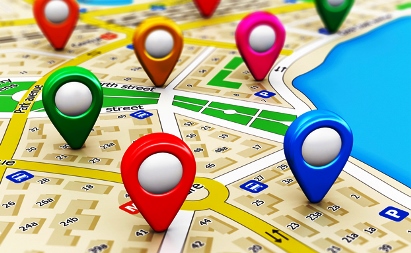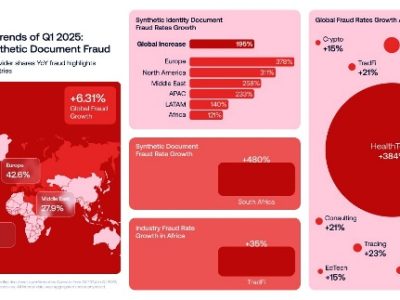The cyber security team at Geonode have put together a guide on the ever-escalating risks tied to location data.
RELATED: Google tracks 39 types of private data, highest among big tech companies
Geonode deep dive into the privacy concerns and how companies gobble up this data and the potential for misuse, along with some useful tips on how you can safeguard your location.
The Value of Location Data
According to Geonode, a significant data provider, we generate 2.5 quintillion bytes of data per day. A large percentage of this circulating big data comes from our stream of location data, mostly via GPS-enabled devices. It forms a dominant narrative of modern living, covering everything from car navigation to location-based marketing.
1. Navigation and Maps
The most obvious use of location data is for navigation. GPS allows us to pinpoint our exact location on Earth’s surface and receive directions to our destination. This technology has transformed the way we travel, making it nearly impossible to get lost in unfamiliar places.
2. Local Services
When location data is enabled, your smartphone can provide you with information about nearby services and businesses. Whether you’re looking for a nearby restaurant, gas station, or ATM, location-based services can quickly point you in the right direction.
3. Location-Based Apps
Many apps use your location data to deliver customized experiences. Weather apps can provide you with hyper-local forecasts, fitness apps can track your route during a run, and social media apps can let you check in at your favorite spots.
4. Safety and Security
Location data can also enhance personal safety. In emergencies, services like 911 can use your location to dispatch help more quickly. Additionally, features like “Find My Device” help locate lost or stolen phones.
Geonode Expert, Hugo Miles, illustrates the power of location data in business, “Harnessing location data is not about infringing on privacy. It is about serving customers better, more personally, and with pinpoint accuracy.”
The Citizen’s Concern: Privacy and Data Security
Despite the invaluable gains for businesses, sharing location data may raise a few concerns among citizens.
1. Tracking and Profiling
When your location data is shared with apps and services, it can be used to build a profile of your movements and behaviors. This information can be valuable to advertisers, who can then target you with location-specific ads. While some people find this customization useful, others consider it invasive.
2. Data Breaches
Storing your location data on various servers and in the cloud means it’s susceptible to data breaches. If a service you use suffers a breach, your location history could fall into the wrong hands, potentially putting your safety and privacy at risk.
3. Constant Surveillance
With location data turned on, your smartphone essentially becomes a tracking device. While this can be beneficial in emergencies, it also means that anyone with access to your device or the associated accounts can track your movements.
4. Battery Drain
Location services can be a significant drain on your phone’s battery. If you’re concerned about conserving battery life, you might choose to disable location services when they’re not needed.
The Middle-Ground: Informed Consent and Data Control
Balancing the benefits of location sharing with user entrusted security is critical. Here are some practical steps users and businesses can take:
Clear Consent: Individuals should explicitly agree to share their data after understanding the purpose. The ‘opt-in/opt-out’ options should be easily accessible and understandable.
Privacy Policies: Businesses should have transparent privacy policies, disclosing all facets of data use.
Data Control: Users must have access to control, update or delete their data. A ‘right to forget’ places the power back into the users’ hands.
Sharing location data is an undeniable reality of our digital world. Its skillful management can deliver unprecedented benefits, nurtured by personalized experiences. Yet, striking a balanced approach where users’ privacy remains unbreached is crucial. Responsible sharing and vigilant protection should become integral features of our location data ecosystem, ensuring the peak potential without compromise.
As we navigate this GPS dilemma, it’s worth remembering Hugo’s portrayal, “Like all powerful tools, location data is a double-edged sword. The goal isn’t to refrain from using it, but to use it judiciously and responsibly.” The solution, as ever, lies in sensible moderation.





























